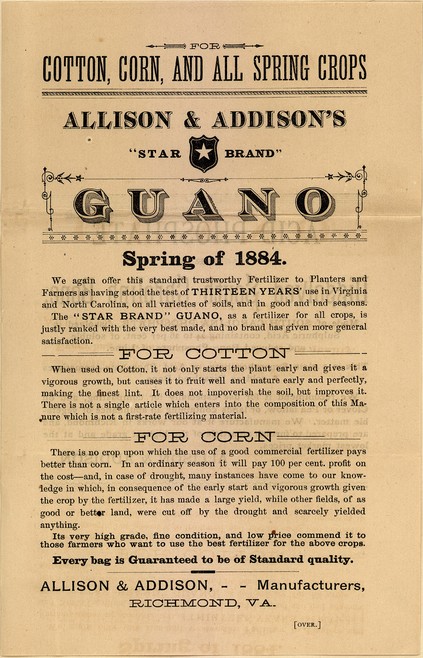
Getting on for 50 years ago, I remember reading about growing giant onions for competitions, the five-pound onion being the equivalent of the four-minute mile. Growers would have their own esoteric recipes for fertilizer, some using Microcosmic salt, a salt found in urine with the formula (NH4)NaHPO4. It was from inadvertently producing this salt that, around 1669 in Hamburg, the alchemist Hennig Brandt who was attempting to make gold by the distillation of urine, discovered phosphorus instead.

Since then, phosphorus from the rear end of various creatures has been the main source of this element for fertilizer, particularly guano from seabirds. However, this is a limited resource, and attention is being turned to recovering phosphorus from waste as it is produced.

Much of this recovery is in the form of the mineral Struvite (magnesium ammonium phosphate NH4MgPO4·6H2O). This was first described from medieval sewer systems — in Hamburg again — in 1845. (Picture: Struvite crystals from dog urine.) However, precipitating this mineral requires additional chemicals.
Now, researchers at the Fraunhofer Institute for Interfacial Engineering and Biotechnology IGB in Stuttgart have developed a process for
Using wastewater as fertilizer
whereby struvite is precipitated from sewage using an electrolytic cell with a sacrificial magnesium anode, without the addition of chemicals. There is in my mind, though, one nagging doubt. Magnesium, although a very common element, has itself to be produced by electrolysis, and this sounds to me like quite an energy-intensive process.
Nevertheless, we are facing a situation where elements are running out. Not literally — apart from the odd bit of nuclear fusion, elements are conserved. But they are being dispersed into uneconomically unrecoverable states. Even the little bits of gold chucked away with mobile phones add up, and the indium lost with them is unlikely ever to be recovered. But phosphorus, an element necessary to life, will affect us more directly, and unless it is recovered our soils, and we who depend on them, will get hungrier and hungrier.



Comments